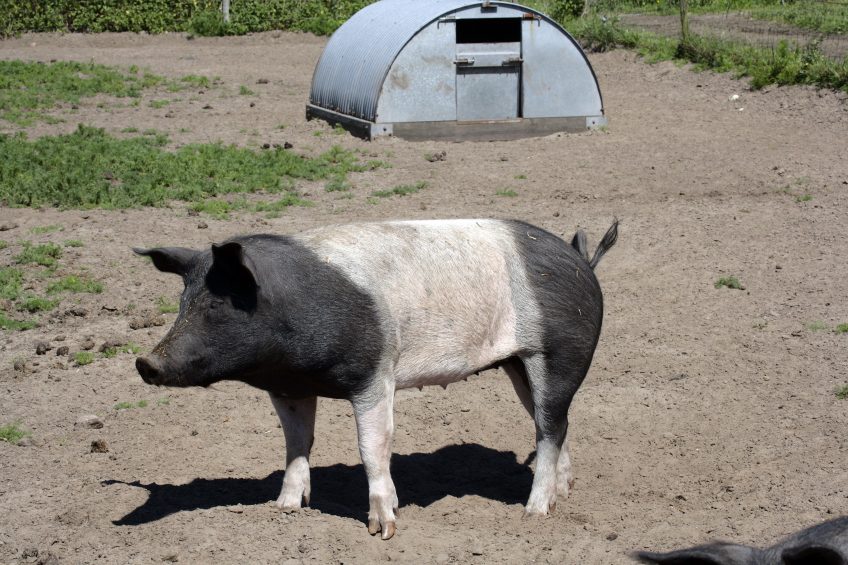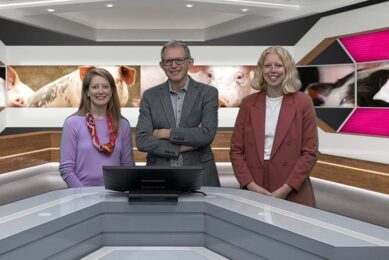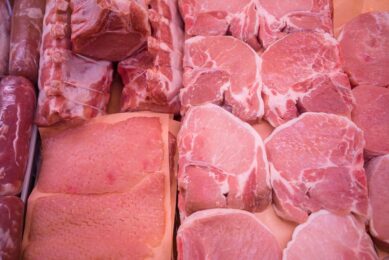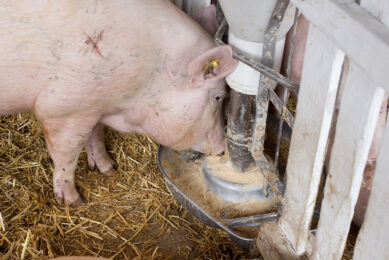Organic vs conventional: Which is more sustainable?

In the Western world, organic livestock production is often claimed to be more sustainable. Many agricultural professionals, however, state exactly the opposite. Is it possible to figure out who is right? A team of Dutch researchers dived into the matter to find an answer.
The researchers are all attached to Wageningen University, the Netherlands, or related institutes. In their literature study, they included 179 peer-reviewed articles.
They drew their initial dilemma as follows: “To sustainably contribute to food security of a growing and richer world population, livestock production systems are challenged to increase production levels while reducing environmental impact, being economically viable, and socially responsible. Knowledge about the sustainability performance of current livestock production systems may help to formulate strategies for future systems.”
Conventional vs organic livestock production systems
In the literature study, the researchers aimed to provide a systematic overview of differences between conventional and organic livestock production systems on a broad range of sustainability aspects and animal species.
They compared the system on economy, productivity, environmental impact, animal welfare and public health. Apart from pig production, the scientists also zoomed in on dairy cattle, beef cattle, broilers and laying hens; geographically they looked to production facilities in Europe, North America and New Zealand.
The articles they studied varied ‘widely in indicators, research design, sample size and location and context’. The researchers added that no study analysed all aspects of sustainability simultaneously.
Advantages of conventional systems
The researchers summed up a series of advantages of conventional systems. They mentioned for instance:
• Lower labour requirements per unit product;
• Lower income risk per animal;
• Higher production per animal per time unit;
• Higher reproduction numbers;
• Lower feed conversion ratio (FCR);
• Lower land use;
• Generally lower acidification and eutrophication potential per unit product;
• Equal or better udder health for cows; and
• Equal or lower microbiological contamination.
Advantages of organic systems
For organic systems, the researchers found a different range of advantages. They touched on the following:
• Higher income per animal or full time employee;
• Lower impact on biodiversity;
• Lower eutrophication and acidification potential per unit land;
• Equal or lower likelihood of antibiotic resistance in bacteria; and
• Higher beneficial fatty acid levels in cow milk.
Both systems are winners
For most sustainability aspects, sometimes conventional and sometimes organic systems performed better, except for productivity, which was consistently higher in conventional systems. As with many scientific research, the authors closed off stating that more data are needed to conclude on a difference between organic and conventional livestock production systems.
The publication on sustainability was authored by C.P.A. van Wagenberg, Wageningen Economic Research, the Netherlands; Y. de Haas and M.M. van Krimpen, Wageningen Livestock Research, the Netherlands; H. Hogeveen, M.P.M. Meuwissen, C.E. van Middelaar and T.B. Rodenburg, Wageningen University, the Netherlands.
 Beheer
Beheer








 WP Admin
WP Admin  Bewerk bericht
Bewerk bericht